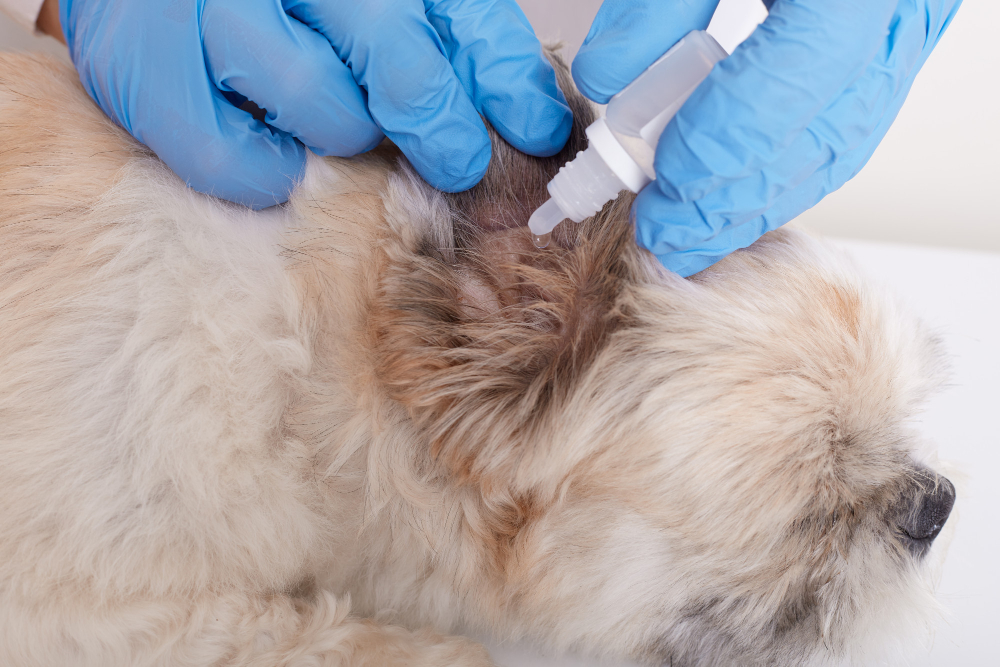Pet Bacterial cultures
Pet Bacterial Cultures are diagnostic tests conducted by veterinarians to identify and analyze bacterial infections in both Large Animals and Companion Animals.
Pet Bacterial cultures in Centuria, WI
These cultures involve the collection and growth of bacteria from clinical samples, such as tissue, fluid, or discharge, to determine the specific bacteria causing the infection and guide appropriate treatment.

Pet Bacterial cultures
To perform a bacterial culture, the veterinarian collects a sample from the affected area, such as a skin lesion, wound, ear discharge, or body fluid (like urine or blood).
The collected sample is carefully obtained to minimize contamination and ensure accurate results.
The collected sample is placed on a specialized culture medium, encouraging bacterial growth.
It is then incubated in a controlled environment for a specific period, allowing bacteria to multiply.
Here are the key aspects of pet bacterial cultures:
Identification:
- Once bacterial growth occurs, the veterinarian or a trained microbiologist can identify the specific type of bacteria present.
- Identification is typically done based on the colony’s appearance, microscopic characteristics, and biochemical tests.
Sensitivity Testing:
- In addition to identifying the bacteria, sensitivity testing is often performed to determine which antibiotics or medications are most effective in treating the infection.
- This helps veterinarians prescribe the most appropriate and targeted treatment for the pet’s condition.
Diagnosis and Treatment:
- The results of bacterial cultures play a crucial role in diagnosing bacterial infections accurately.
- The veterinarian uses this information to design a tailored treatment plan, including antibiotics, topical medications, or other therapies, based on the identified bacteria and its susceptibility to specific treatments.
